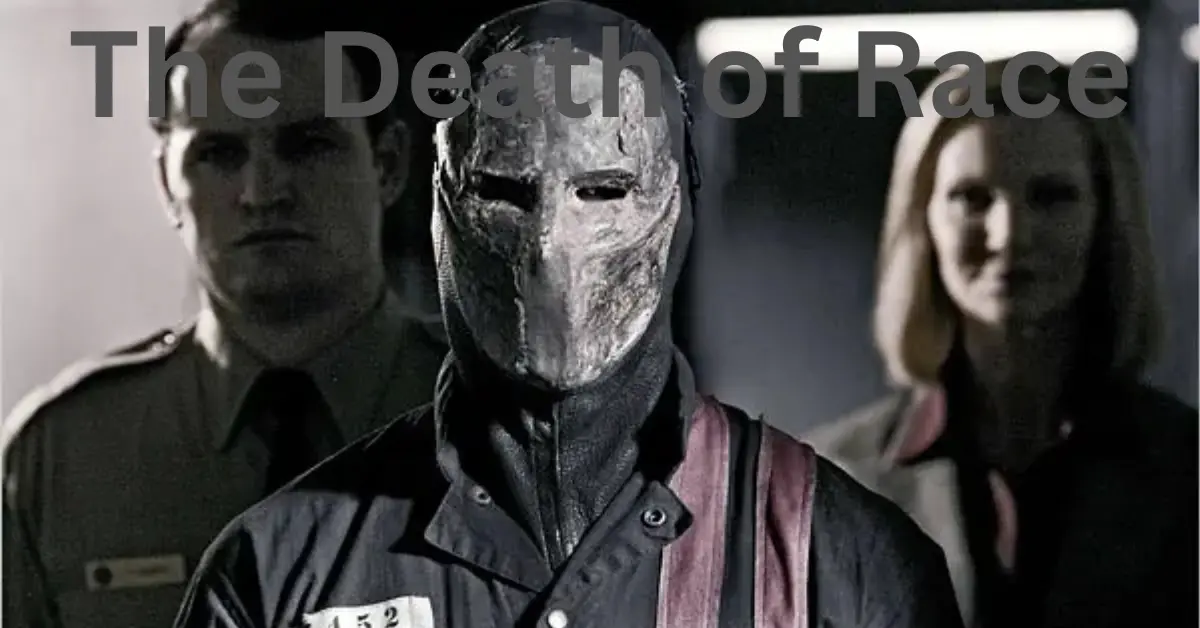Introduction: Challenging Racial Constructs
The provocative concept of the death of race has gained traction among scholars and activists seeking to dismantle traditional notions of racial categorization. This radical perspective argues that race, as a biological reality, doesn’t exist – and that continuing to use racial classifications perpetuates harmful divisions. The death of race theory suggests we must move beyond these artificial constructs to achieve true equality. This article examines the origins, arguments, and implications of this revolutionary idea.
The Scientific Case for the Death of Race:
1. Genetic Evidence Against Racial Categories:
Modern genetics reveals:
-
More variation exists within racial groups than between them
-
No clear genetic markers define racial boundaries
-
Human DNA shows continuous variation, not categorical differences
2. Historical Construction of Race:
The death of race perspective highlights:
-
Race as a social invention from 18th century colonialism
-
Changing racial classifications throughout history
-
How science has debunked biological race theories
3. The Spectrum of Human Variation:
Human traits like skin color:
-
Show gradual changes across geographical regions
-
Represent adaptations to environment, not racial divisions
-
Demonstrate the arbitrariness of racial boundaries
Arguments Supporting the Death of Race Concept:
1. Reducing Racial Prejudice:
Eliminating racial categories could:
-
Remove justification for discrimination
-
Challenge unconscious bias frameworks
-
Promote universal human identity
2. Addressing Health Disparities:
Moving beyond race in medicine:
-
Prevents stereotyping in treatment
-
Focuses on actual genetic risk factors
-
Avoids misleading correlations
3. Creating New Forms of Solidarity:
The death of race could foster:
-
Class-based political movements
-
Global human rights perspectives
-
Intersectional approaches to justice
Counterarguments Against the Death of Race
| Pro-Death of Race Position | Critical Race Theory Response |
|---|---|
| Race isn’t biologically real | Race remains socially significant |
| Categories perpetuate division | Categories necessary to address injustice |
| Focus on individual merit | Systems of advantage still operate racially |
| Universal human identity | Erases important cultural differences |
| Post-racial society possible | Structural racism persists |
Implementing the Death of Race in Society:
1. Policy Changes Needed:
-
Remove racial classifications from government forms
-
Reform affirmative action approaches
-
Revise diversity training programs
2. Educational Shifts:
-
Teach race as social construct in schools
-
Emphasize shared human ancestry
-
Highlight historical construction of racial ideas
3. Language Modifications:
-
Phase out racial descriptors
-
Develop new vocabulary for human variation
-
Contextualize remaining racial terminology
Case Studies: Societies Moving Beyond Race
1. Brazil’s Racial Fluidity:
-
Complex system of color classification
-
Official discouragement of rigid categories
-
Ongoing challenges with colorism
2. Post-Apartheid South Africa:
-
Constitutional commitment to nonracialism
-
Persistent economic racial patterns
-
Official statistics still use racial categories
3. Genetic Ancestry Testing:
-
Shows blended heritage of most people
-
Challenges traditional racial boxes
-
Creates new identity complications
The Future After the Death of Race:
Potential developments include:
-
Rise of geographical ancestry over race
-
New forms of identity politics
-
Continued debate about remedies for past racism
-
Possible resurgence of ethnic nationalism
Conclusion:
The death of race presents both radical possibilities and complex challenges. While scientific evidence confirms race lacks biological basis, its social power remains formidable. Achieving the death of race requires more than intellectual acknowledgment – it demands restructuring institutions, rethinking policies, and developing new frameworks for human difference. Whether society can or should move completely beyond racial concepts remains hotly debated, but the conversation itself pushes us toward critically examining our most fundamental categories of identity.
FAQs:
1. Does the death of race mean ignoring racism?
No, it means addressing racism while challenging the validity of racial categories themselves.
2. What would replace racial classifications?
Some propose using ancestry, geography, or cultural affiliation instead.
3. How would affirmative action work without race?
Possible alternatives include class-based or disadvantage-based systems.
4. Isn’t race important for medical treatment?
Increasingly, doctors focus on specific genetic risks rather than racial generalizations.
5. Would the death of race eliminate cultural diversity?
No, it would separate culture from false biological categories.
6. Is this concept widely accepted?
It remains controversial, with strong support and opposition in academia and activism.
The death of race invites us to envision a future where human difference is celebrated without being constrained by outdated and harmful classifications. While the path forward is unclear, the conversation represents an important evolution in how we understand identity and equality.











